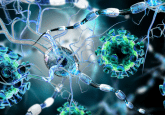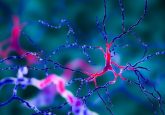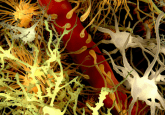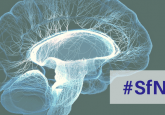Antisense therapy demonstrates success in a mouse model of Parkinson’s disease

Researchers at University of California San Diego School of Medicine (UCSD; CA, USA) have discovered that the inhibition of the gene that encodes a protein termed PTB and the subsequent transformation of several types of mouse cells into neurons could potentially open up a whole new avenue for the treatment of Parkinson’s disease and other neurodegenerative diseases. The study, published in Nature, describes the use of this antisense therapy in mice. Several years ago, the study of PTB, which binds to RNA and influences gene regulation, led researchers in Xiang-Dong Fu’s lab at UCSD to discover that silencing or deleting...





